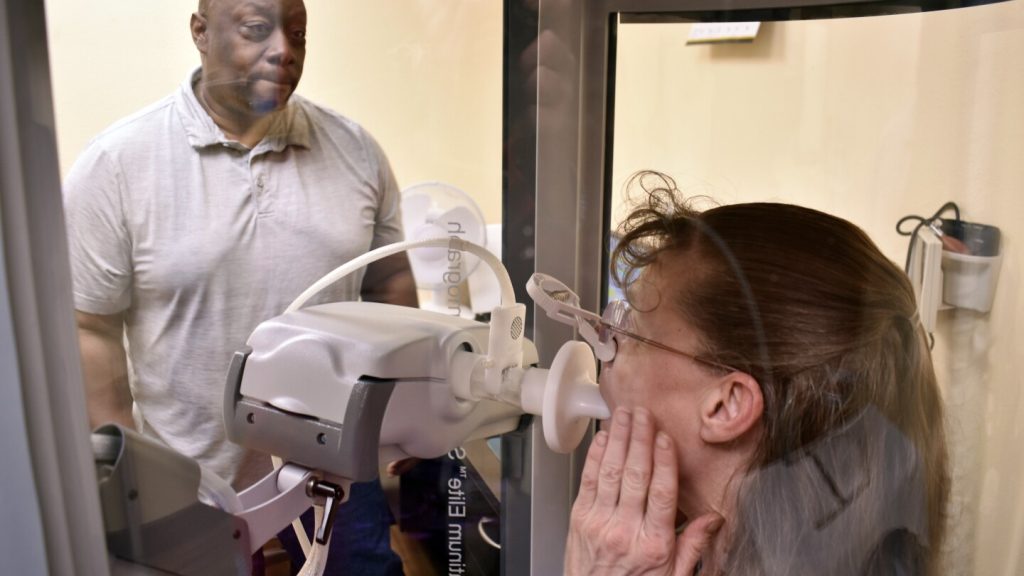Residents of Libby, Montana, are still suffering the consequences of asbestos exposure more than two decades after federal authorities first arrived in the town to investigate the issue. With hundreds of deaths and over 3,000 illnesses attributed to asbestos exposure in the area, some residents and their families are seeking justice against BNSF Railway, one of the major corporate players in the tragedy. The upcoming trial against BNSF is the first of potentially hundreds of lawsuits accusing the railway of negligence and wrongful death for failing to control the contaminated dust that spread from the rail yard to the town’s neighborhoods.
The vermiculite contaminated with asbestos was mined in Libby and shipped by rail to be used as insulation in homes and businesses across the U.S. Many residents of Libby, including Paul Resch, who is battling an asbestos-related disease, were exposed to the harmful substance in various ways, such as through sports fields, school buildings, and homes insulated with the contaminated material. The cleanup efforts in Libby, which have cost an estimated $600 million, have significantly reduced asbestos levels in the town’s air compared to when the mine was active. However, the risk of asbestos-related diseases remains a concern, as the mineral can cause health problems decades after exposure.
Despite the recent ban on the last remaining industrial uses of asbestos in the U.S., the legacy asbestos already present in homes, schools, and businesses still poses a threat to public health. The long-lasting nature of asbestos fibers means that health officials expect to see newly diagnosed cases of asbestos-related diseases for years to come. The ongoing legal battle between the residents of Libby and BNSF Railway highlights the complex issues surrounding accountability for the environmental and health impacts of asbestos contamination.
BNSF Railway has faced accusations of deflecting blame and trying to avoid liability for its role in the contamination of Libby. The company has argued that its obligation to ship goods for paying customers exempts it from liability, but residents and their legal representatives contend that the railway’s involvement in the transportation and marketing of vermiculite makes it responsible for the harmful impacts on the community. Previous settlements with other entities, such as the state of Montana and W. R. Grace, have provided some compensation to affected individuals, but the upcoming trials against BNSF represent a critical opportunity for residents to seek justice and accountability.
The legal battle in Libby has raised important questions about corporate responsibility, environmental justice, and public health in communities affected by asbestos contamination. As residents like Paul Resch continue to grapple with the devastating consequences of asbestos exposure, the upcoming trials against BNSF Railway could provide a sense of closure and accountability for those impacted by the tragedy. With mounting evidence of the health risks associated with asbestos exposure, it is crucial for companies and government agencies to take proactive measures to prevent future incidents and prioritize the well-being of affected communities.
The residents of Libby are determined to seek justice and hold BNSF Railway accountable for its role in the asbestos contamination that has plagued their town for decades. As the legal proceedings unfold and more evidence is presented, the outcome of the trials could have far-reaching implications for other communities grappling with the legacy of asbestos contamination. With the support of advocacy groups, legal experts, and public health officials, the residents of Libby are hopeful that the upcoming trials will bring about a measure of justice and closure for those affected by the asbestos-related illnesses and deaths in their community.


